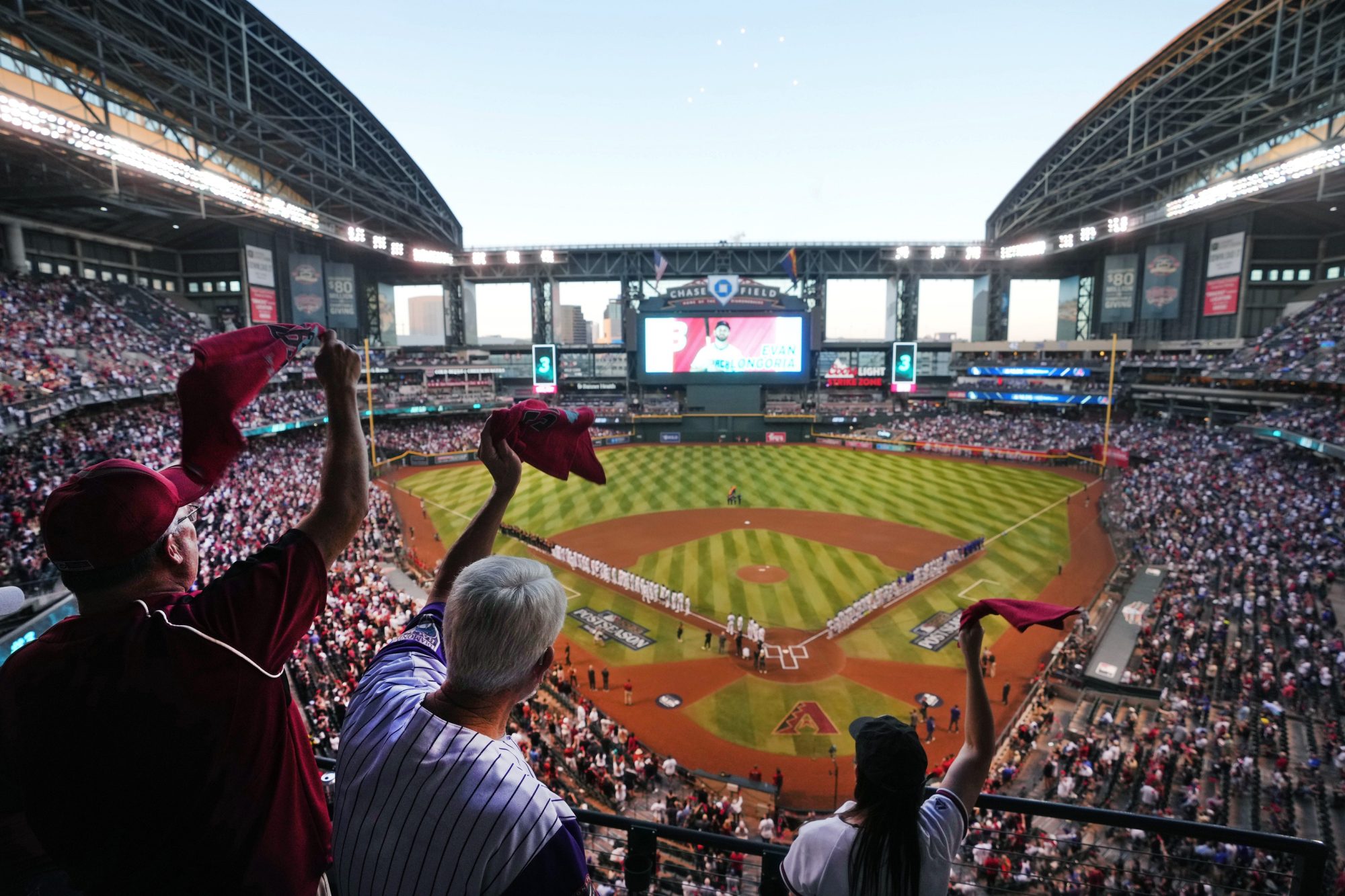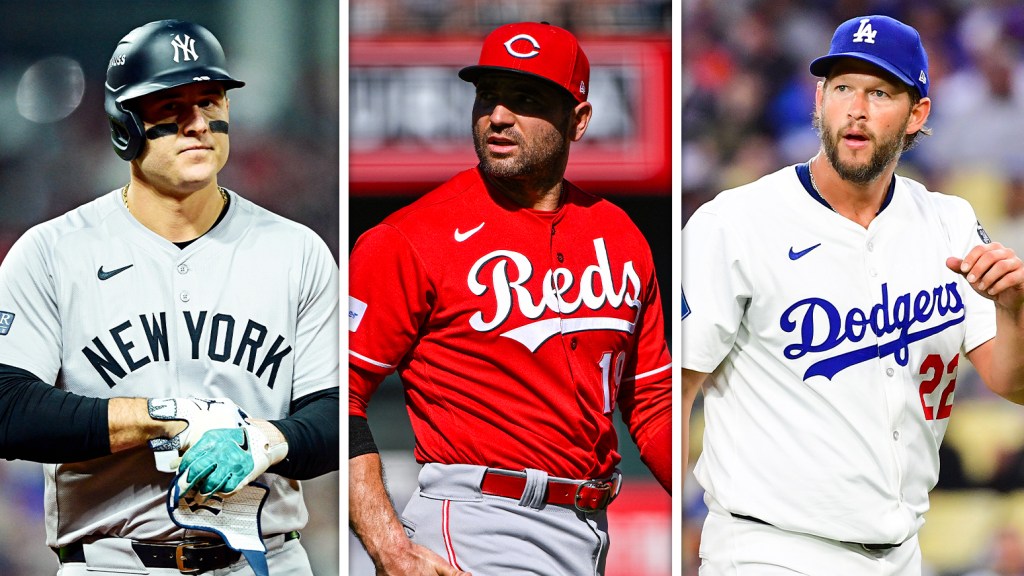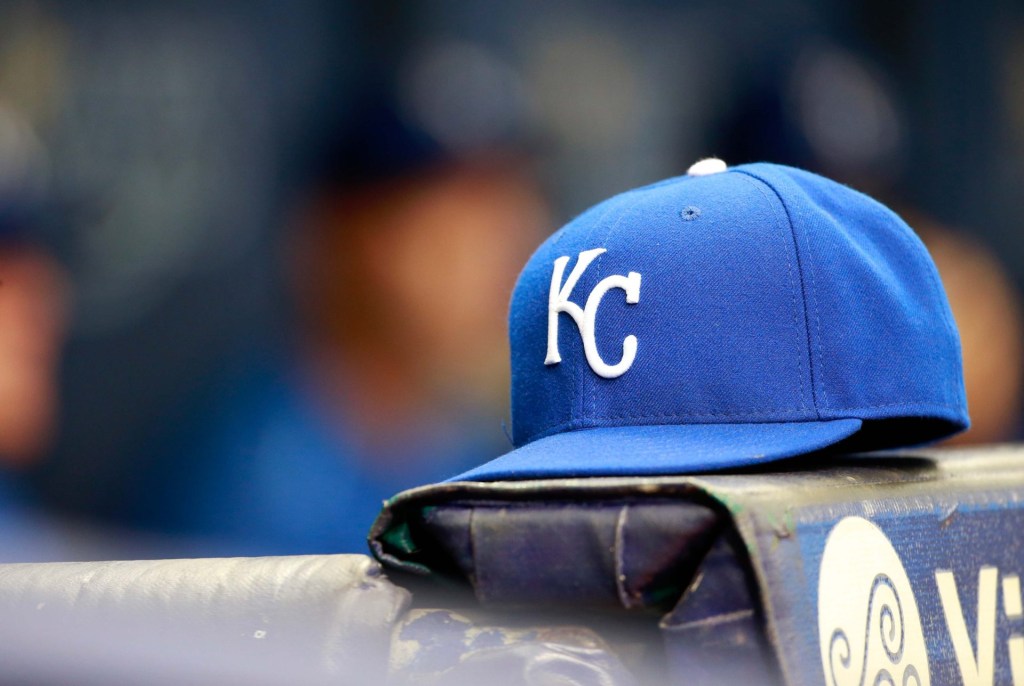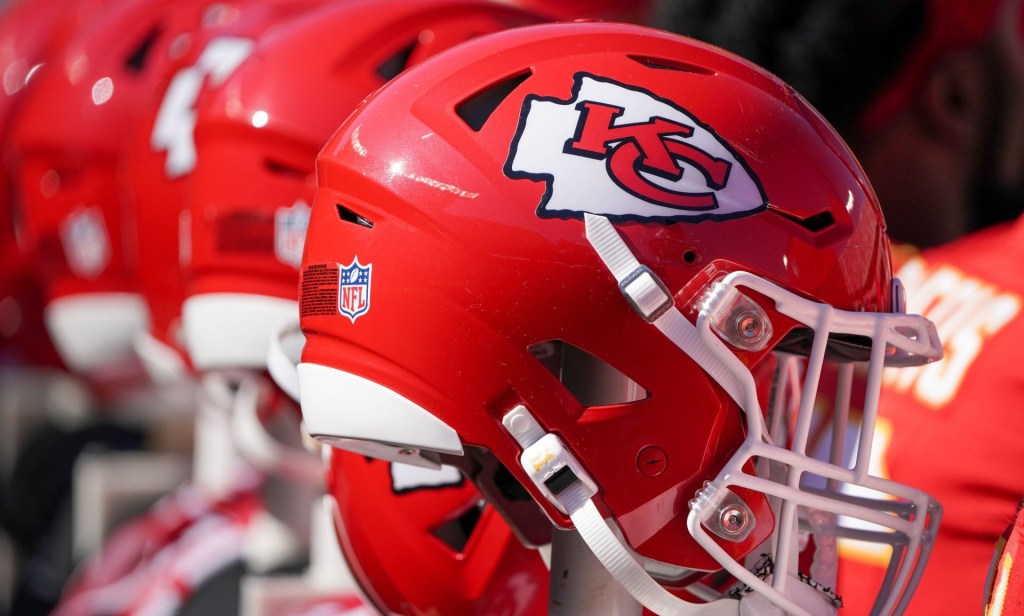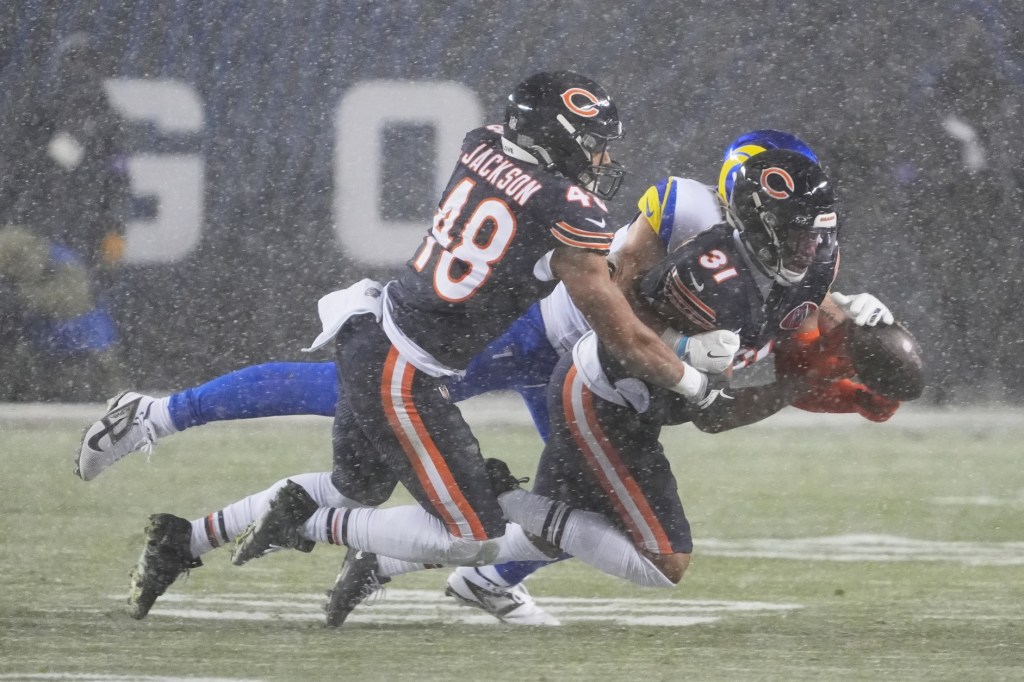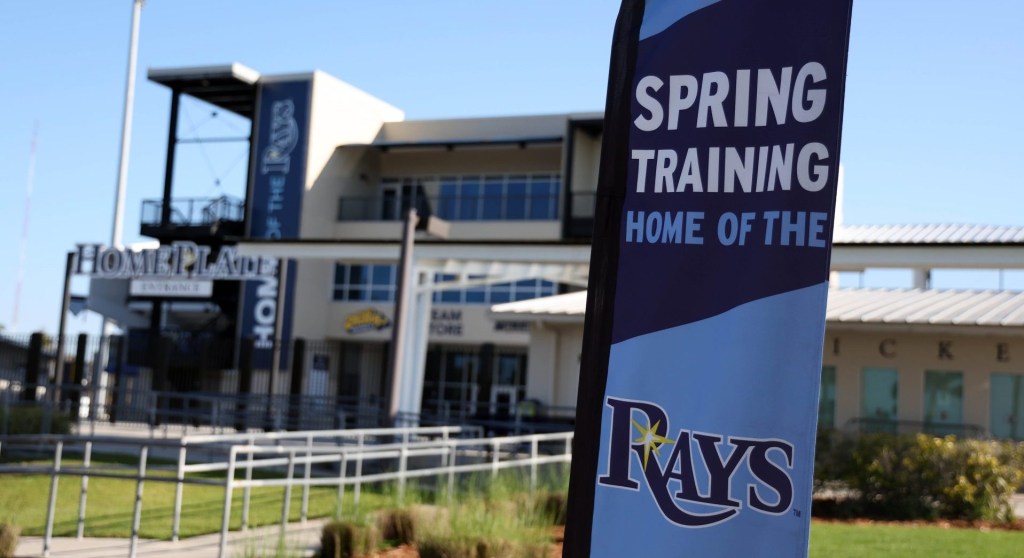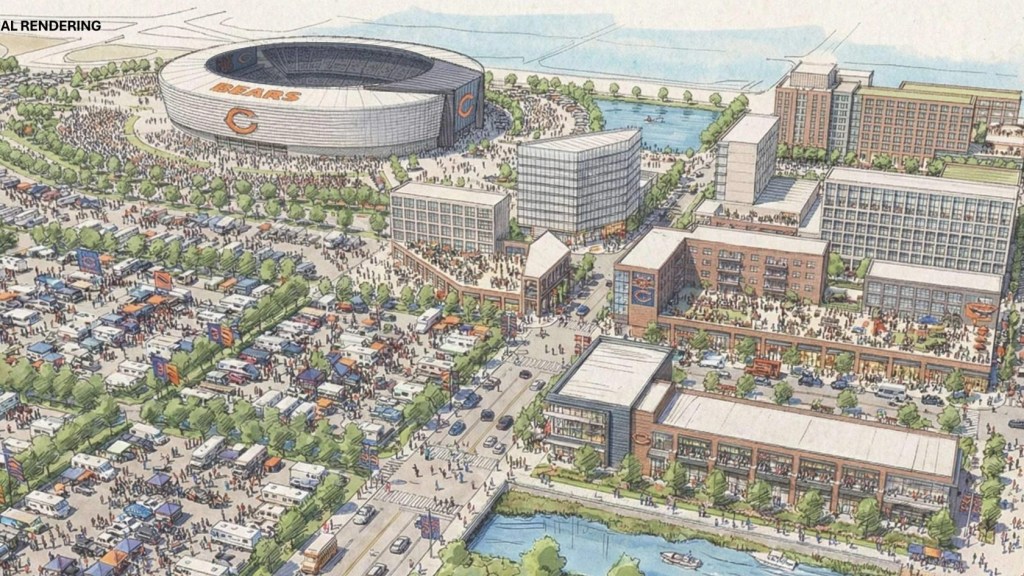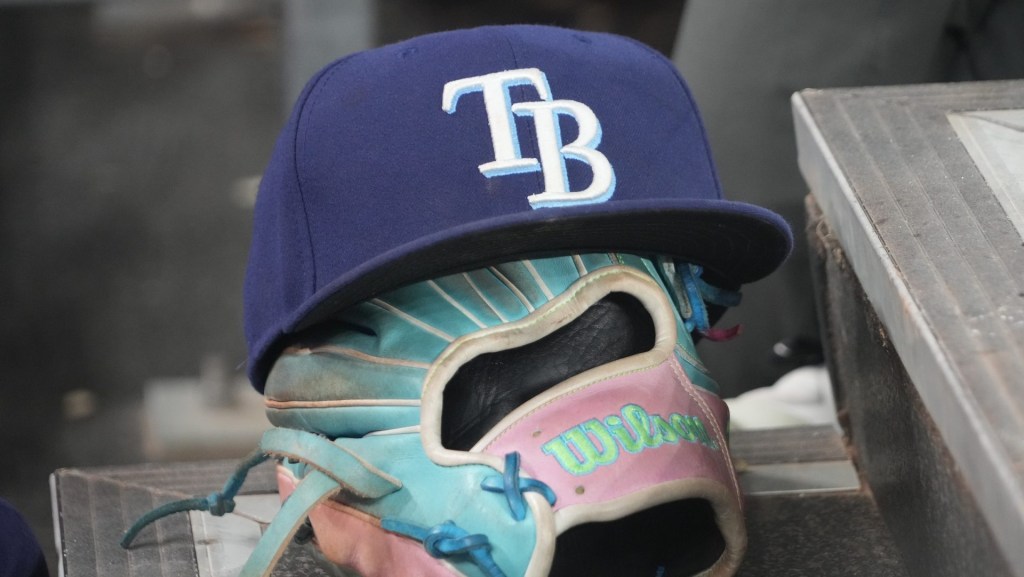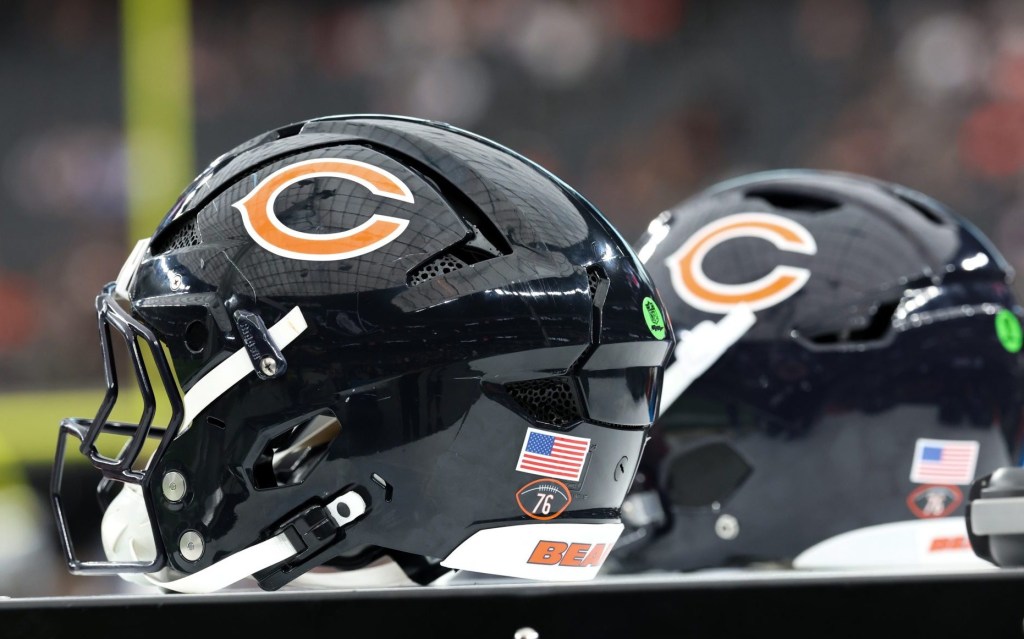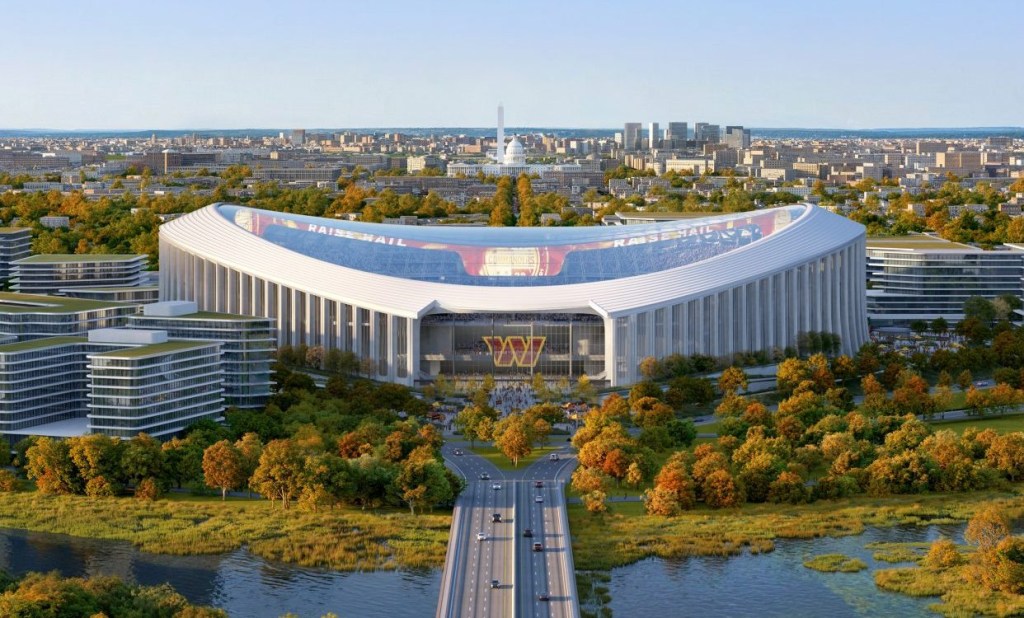In their bid for public funding to renovate Chase Field, the Diamondbacks have attempted the carrot—without success. Now comes the stick.
After prior efforts to garner taxpayer funds for ballpark renovations have failed, the MLB club is now speaking more openly about a potential end to their time in the Phoenix market—representing a darker turn in the ongoing saga and a search by franchise leaders for greater leverage in talks with city and Maricopa County leaders.
“We may run out of time in Phoenix,” Diamondbacks owner Ken Kendrick said this week at the club’s spring training complex. “We hope that won’t happen.”
The club has already lamented its own lack of striking a stadium renovation deal while public money has been allocated for similar MLB projects in Baltimore, Cleveland, Las Vegas, Milwaukee, St. Petersburg, and Pittsburgh. But all politics are local, as the time-honored adage goes, and the Diamondbacks have continued to come up empty in their bid for help on a project slated to cost more than $400 million—and a surprise run to last year’s World Series has not changed that dynamic.
Kendrick insisted he isn’t looking to issue a threat to local leaders or actively contemplating a team relocation. But he also cited the rising number of cities interested in landing a MLB franchise.
“Cities are letting MLB know their interest, [and] their interest in getting a team is specific,” Kendrick said. “They would be happy with a brand-new franchise, but they would certainly be very happy with, frankly, a successful, existing franchise.”
Such a shift in tone by a club amid difficult stadium negotiations has been commonplace elsewhere. The Brewers in particular went through a similar dynamic last year, with talk of a potential departure from Wisconsin preceding approval of roughly $500 million in funding to upgrade American Family Field.
The Diamondbacks’ current lease at Chase Field expires in 2027. The team’s wish list for ballpark renovations not only includes upgrades to core systems such as air conditioning and lighting, but also the creation of an adjacent mixed-use development increasingly in vogue across the sports industry.
